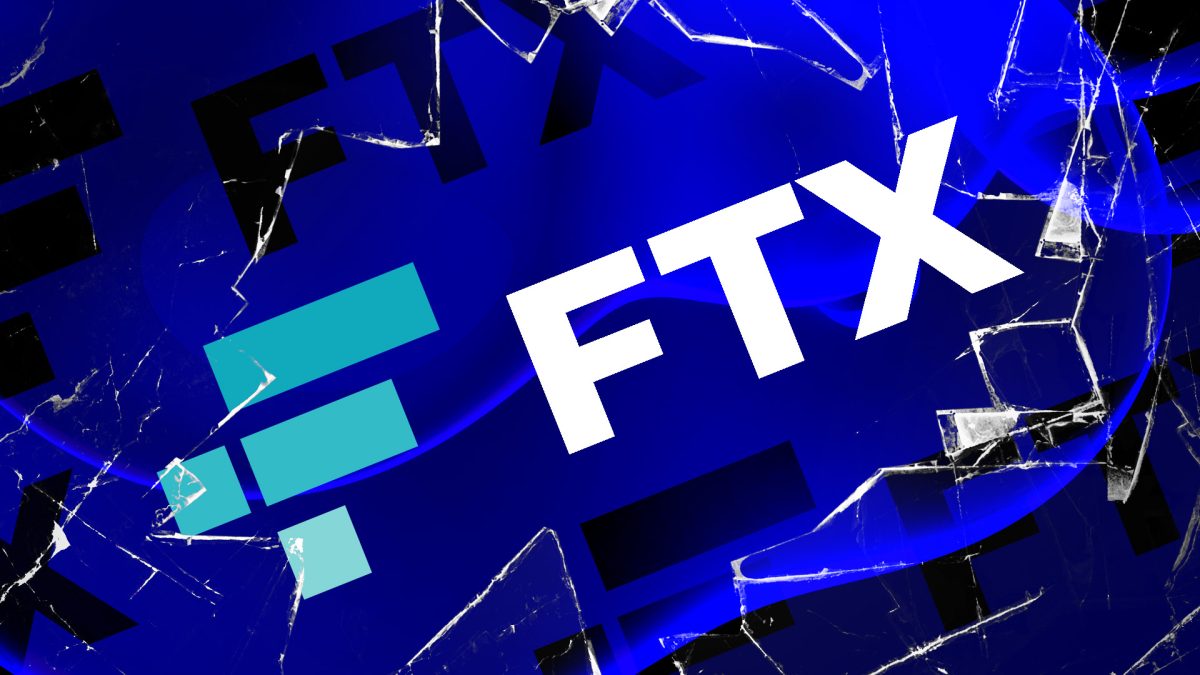FTX locates $5 billion in cash and liquid crypto, contemplates sale

Quick Take
- FTX has located $5 billion in cash, liquid cryptocurrency and liquid investment securities, an attorney for the troubled crypto firm said during a bankruptcy hearing in Delaware.
- During the hearing, a judge will weigh whether to make the names of FTX’s 9 million customers public.

FTX's new leadership says it has located $5 billion in cash, liquid cryptocurrency and liquid investment securities, two months after the troubled crypto exchange filed for bankruptcy protection.
FTX attorney Andy Dietderich said the firm located the assets during a bankruptcy court hearing in Delaware on Wednesday morning. The $5 billion does not include the $425 million in crypto that is in the custody of the Securities Commission of the Bahamas, Dietderich noted. The lawyer did not elaborate as to whether that included the over $450 million of Robinhood stock belonging to Sam Bankman-Fried, which the U.S. government laid claim on last week as the former FTX CEO awaits trial on fraud charges.
“We are engaged in a complex effort now to recreate petition date claim values for every customer. We are building financial statements from the ground up using the general ledger and bank transaction records rather than the previous incomplete and unreliable financial statements of the debtors,” Dietderich said. “This will put us in the position to describe the financial results of the debtors accurately for the first time.”
Lawyers appeared before Judge John Dorsey for a lengthy hearing, which touched on the possible sale of FTX entities and whether to redact the names of the firm’s nine million customers.
Core exchange sale
FTX could sell its core exchange during the bankruptcy process, according to Kevin Cofsky, a partner at FTX’s proposed investment bank Perella Weinberg Partners.
“We have already initiated a review of a reorganization of the core exchange, and that process is ongoing,” Cofsky said. FTX has prioritized the sale of four entities that it says are relatively independent from the crypto behemoth and may lose value if they are sold later. Those businesses are LedgerX, Embed, FTX Japan and FTX Europe.
After hearing arguments on the redacted customer list, Dorsey decided to keep most customer and creditor names private for at least three more months, saying those people or entities may face privacy concerns if their information is made public. Names of major equity holders in FTX, like venture capitalist Peter Thiel and celebrity investors Tom Brady, Gisele Bundchen, and Kevin O'Leary, have already become public in court.
“I want to make sure I’m doing the right thing,” Dorsey said. “We have a list of people who may be customers, may be creditors, may be both, and I don’t know which is which.”
During the hearing, Cofsky suggested that revealing the names of FTX customers could reduce the value of the company because they could be solicited by other crypto firms. Juliet Sarkessian, the attorney representing the U.S. trustee overseeing the bankruptcy, disagreed that poaching is the main reason customers would leave FTX.
“I think they may be leaving the platform for reasons other than poaching,” Sarkessian said, noting that former FTX executives are accused of commingling customer funds with its sibling crypto trading firm, Alameda Research.
FTX attorney Brian Glueckstein asked the judge to redact customer names and addresses for six months. He pointed to the recent bankruptcy case for failed crypto lender Celsius, where customer names were revealed.
“That decision is an outlier and certainly should not be wholesale adopted here,” Glueckstein said.
Updated with Judge Dorsey's decision on maintaining redaction of customer and creditor information.
Disclaimer: Beginning in 2021, Michael McCaffrey, the former CEO and majority owner of The Block, took a series of loans from founder and former FTX and Alameda CEO Sam Bankman-Fried. McCaffrey resigned from the company in December 2022 after failing to disclose those transactions.
© 2025 The Block. All Rights Reserved. This article is provided for informational purposes only. It is not offered or intended to be used as legal, tax, investment, financial, or other advice.







